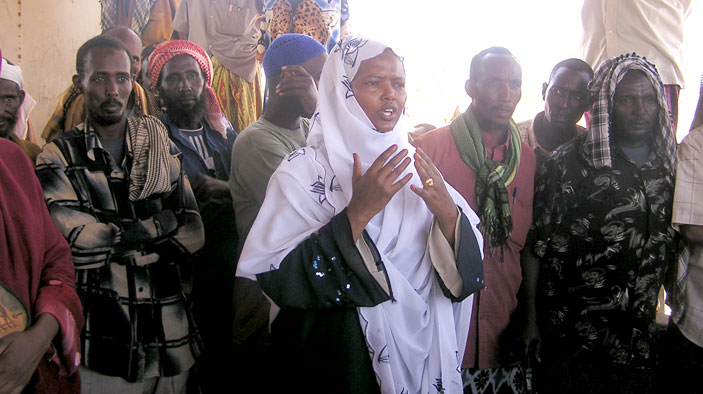Kenya—Drivers of Accountability Programme (DAP)
Client: Foreign, Commonwealth & Development Office
Duration: 2010-2015
Region: Sub-Saharan Africa
Country: Kenya
Solutions: Fragile States
Following the post-election violence of 2007–2008 in Kenya, the need for an overhaul of the constitutional, legislative, electoral, and judicial environment became critical. To address the issues of impunity and lack of accountability that fed into the unrest, the former U.K. Department for International Development (now called Foreign, Commonwealth & Development Office) and the Danish International Development Agency (DANIDA) jointly supported the Drivers of Accountability Programme (DAP) to improve the Kenyan government’s accountability to its citizens.
DAP supported key reforms and built on efforts to strengthen oversight and increase the demand for accountability and better governance, helping Kenya to become a more stable democracy. The project supported a wide range of civil society groups, media, oversight bodies, and independent commissions to influence and deliver governance reforms in Kenya.

Sample Activities
- Developed a suite of program management tools, including grant selection criteria templates, budget and risk management models, and monitoring and evaluation tools.
- Assessed the capacity of potential grantees, and trained them on DAP vision and goals.
- Built county-level coalitions to jointly plan improvements to public service delivery and strengthen accountability mechanisms between elected country leaders and citizens.
- Supported policy framework for country-wide devolution and increased citizen participation through public awareness-raising campaigns.
Select Results
- Reached 15 million Kenyans with civic education messages through radio, television, community dialogue sessions, mobile text messaging, and other channels.
- Supported partners in reviewing new anti-corruption and anti-impunity bills, with 79 percent of amendment suggestions reflected in final laws.
- Supported the production of news stories on corruption and built the capacity of investigative journalists, with partner African Centre for Open Governance producing 18 investigative stories that reached 800,000 people.
- DAP-sponsored anti-corruption messaging reached 9.5 million people through televised public service announcements, as well as online and physical distribution of anticorruption policy briefs and reports.
- Provided budget, planning, and policymaking capacity building to more than 500 women leaders.
RELATED CONTENT:
Worldwide—Social Protection Technical Assistance, Advice, and Resources (STAAR) Facility
The Social Protection Technical Assistance, Advice, and Resources (STAAR) Facility is dedicated to expanding and improving the effectiveness of investments in social protection and social protection approaches in crises.
Read More